What the law says on advertising in the Insurance sector in India
After 2 decades, the IRDAI has proposed a modification to its regulations on advertising insurance products in India. What are the existing regulations? What are the modifications proposed by IRDAI? What are the Do’s and Don’ts that govern advertising in the Insurance sector? Part 26 of the series of articles on Misleading Ads by Advocate Aazmeen Kasad is the third part of a series on Advertising in the Insurance sector in India, and serves to demystify and provide an in-depth understanding of what the law on the same is for advertisements through the Internet or electronic media, how claims related to rating/ ranking and awards should be made, how joint-sale advertisements or co-branding can be engaged in by insurance companies, etc.
The Insurance Regulatory and Development Authority of India (‘IRDAI’) has notified that Insurance Regulatory and Development Authority (Insurance Advertisements and Disclosure) Regulations, 2000 (‘Regulation’), the Master Circular on Insurance Advertisements, the Consumer Protection Act, 2019 and the Advertising Standard Council of India’s Code on Self-Regulation in Advertising, to protect the interests of the public, enhance their level of confidence on the nature of sales material used and ultimately encourage fair business practices.
Also read:
The Do’s and Don’ts that govern advertising in the Insurance sector
These provisions are to be complied with by all insurers (life insurers, non-life insurers and health insurers), agents, point of sales persons, motor insurance service providers and insurance intermediaries.
Provisions applicable to published advertisements apply equally to advertising through electronic media, that is, advertisements through a telephonic interactive mode or on the Internet.
Internet
Insurance Advertisements should ensure that the following rules prescribed by the IRDAI are complied with:
- In case of communications on/through the Internet, an insurer should ensure that the recipients/viewers have the opportunity to view the full text of the relevant key features; terms and conditions; any other applicable risk information required by these guidelines and they shall not be hidden away in the body of the text. It shall be easily obtained, before any application form is offered. In case of e-mail communications there should be a provision to unsubscribe from the mailing list.
- Text, graphics, hyperlinks and sound should be entirely consistent with all the specified requirements.
- Insurers should take an undertaking from the prospective policyholders that they have read the entire text, features, disclosures, terms and conditions, etc., while applying for insurance online.
- Mandatory provision of a helpline or help number to further provide all information that a policyholder would reasonably expect.
- Insurers should provide a hard copy of the necessary information on request.
Telephonic Interactive Mode:
- Promotional activities through cold-calls shall be preferably by a licensed intermediary. In case it is done by other than licensedintermediary, responsibility of compliance with the advertisement regulations and the related circulars/ guidelines vests with the insurer/ intermediary that has outsourced this activity.
- The telephone caller shall take necessary steps to ensure that they do not intrude into the privacy of the receiver. They should disclose their identity and proceed to converse only after permission.
- A reference on the access to full information about the available products and the importance of financial need analysis along with the contact phone numbers which can provide such information shall be placed before closing the call.
- Every insurer shall facilitate an access to ‘do not call registry’ with the contact numbers of the persons who wish not to be contacted, which should be referred to, before every call.
Spurious Phone Calls and Fictitious/ Fraudulent Offers
All Life Insurers should mandatorily flash on the ‘Home Page’ of their websites, the following Public Notice issued by IRDAI cautioning the general public about spurious calls and fictitious offers. This may also be inserted in a box item prominently at the end of all their product advertisements in print media, including pamphlets, publicity material, etc., with a view to educate the customers on the role of Regulator and also caution the public on spurious calls.
BEWARE OF SPURIOUS PHONE CALLS AND FICTIOUS/ FRADULENT OFFERS
- IRDAI is not involved in activities like selling insurance policies, announcing bonus or investment of premiums. Public receiving such phone calls are requested to lodge a police complaint.
Joint Sale Advertisements (JS)
Any insurance advertisement brought out jointly by an insurer either with its corporate agent or with a micro-insurance agent constitutes a ‘Joint Sale ad’ and such ads could relate to promotional activities where the logo/ trademark/ trade names of the participating parties are displayed jointly.
Joint sale advertisements in the nature of Insurance advertisements can be released without prior approval of the IRDAI in accordance to the applicable regulations/ circular provisions and file the same along with a certificate from the appointed Actuary that it presents the same features of the product. All the joint Sale Advertisements released shall be filed separately specifically mentioning therein that the Advertisements filed are ‘Joint Sale Advertisements’.
Branding with Third parties
- Third parties (any individual/ association/ entity other than insurance intermediary)’s branding can be used on any advertisement of insurer/ intermediary only when it does not urge the prospect or a policyholder to purchase, renew, increase, retain or modify a policy of insurance.
An exemption is, however, given to insurance schemes sponsored/ subsidised by Central/ State government (s) in which case branding is permissible in any category of advertisements.
- The onus vests with the insurer as to the compliance requirements of the ‘Advertisement Regulations’ and the related circulars/ provisions issued from time to time, in such cases.
Rating/ Ranking/ Awards
- Any claim of rating/ award should be based only on those declared by entities which are independent of the insurers and its affiliates. Insurers and its affiliates should not procure services from such independent entities so as to get a rating/ award.
- The source of such rating/ award is to be disclosed conspicuously and legibly in such advertisements.
- No claim of ranking by Insurer, as regards its position in the insurance market, based on any criteria (like premium income or number of policies or branches or claims settlements etc.,) is permissible in any of the advertisements.
3.1 Life insurers shall use/ publish only “Annual Figures” of Death Claims paid ratios, based on the number of policies alone. These figures shall reflect the entire financial year and shall be based upon:
Ø Latest IRDAI Annual Report (or)
Ø Latest Annual Audited final figures submitted to the IRDAI
3.1.1 If an Insurance Advertisement contains Death Claims paid ratio, then the data for individual and group polices shall not be clubbed together. The Insurance Advertisements for group products shall reflect only group Death Claims paid ratio and individual products shall reflect only individual Death Claims paid ratio. In case of advertisements’ promoting the Company’s brand without reference to products, only individual death claims paid ratio be used.
3.1.2 The method of calculation for arrival of Death Claims paid ratios for a financial year shall be as followed for reporting in the IRDAI Annual Report.
- No other information related to death claim payments than what is specified above shall be used as part of any Insurance Advertisement/s.
Under the Consumer Protection Act, the Central Consumer Protection Authority will regulate matters relating to violation of rights of consumers, unfair trade practices and false or misleading advertisements which are prejudicial to the interests of public and consumers to promote, protect and enforce the rights of consumers. This Authority is headquartered in the National Capital Region of Delhi and may have regional and other offices across India.
A complaint relating to any false or misleading advertisements may be forwarded either in writing or in electronic mode, to any one of the authorities, namely, the District Collector or the Commissioner of regional office or the Central Authority. After a preliminary enquiry is made, if the Central Authority is satisfied that a prima facie case exists, an investigation shall be conducted.
Where the Central Authority is satisfied after conducting the investigation that the advertisement for which a complaint is received is false or misleading and is prejudicial to the interest of any consumer or is in contravention of consumer rights, it may, by order, issue directions to the concerned trader or manufacturer or endorser or advertiser or publisher, as the case may be, to discontinue such advertisement or to modify the same in such manner and within such time as may be specified in that order. If the Central Authority is of the opinion that it is necessary to impose a penalty in respect of such false or misleading advertisement, by a manufacturer or an endorser, it may, by order, impose on manufacturer or celebrity endorser a penalty which may extend to Rs 10 lakh: Provided that the Central Authority may, for every subsequent contravention by a manufacturer or endorser, impose a penalty, which may extend to Rs 50 lakh. Additionally, where the Central Authority deems it necessary, it may, by order, prohibit the celebrity endorser of a false or misleading advertisement from making endorsement of any product or service for a period which may extend to one year: For every subsequent contravention, prohibit such endorser from making endorsement in respect of any product or service for a period which may extend to three years. Where the Central Authority is satisfied after conducting an investigation, that any person is found to publish, or is a party to the publication of a misleading advertisement, except in the ordinary course of his business, it may impose on such person a penalty which may extend to Rs 10 lakh. The defence that the false or misleading advertisement was published in the ordinary course of business shall not be available to such person if he had previous knowledge of the order passed by the Central Authority for withdrawal or modification of such advertisement.
In light of the newly introduced provisions under the Act which came into force from July 20, 2020, it is advisable for both the advertisers and the endorsers to exercise caution in the claims that form part of the advertisement of the goods/ services. The ensuing Parts of the series will pertain to various aspects of what constitutes Misleading Advertising and key judicial precedents on the same.
Advocate Aazmeen Kasad is a practicing corporate advocate with over 20 years of experience, with a focus on the Media, Technology and Telecom industries. She is also a professor of law since 14 years. She is a member of the Consumer Complaints Council of the Advertising Standards Council of India. She is a speaker at several forums.


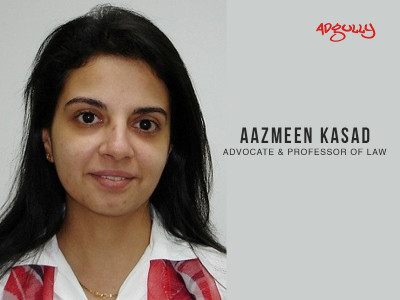

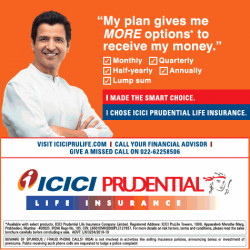
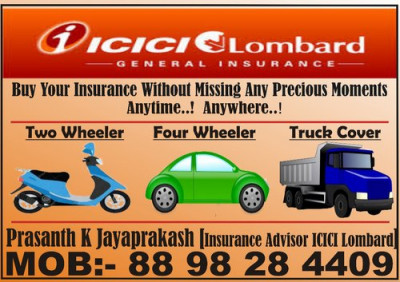
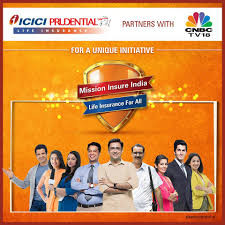




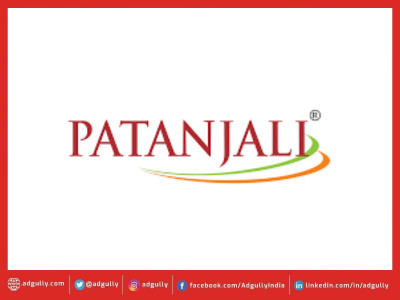
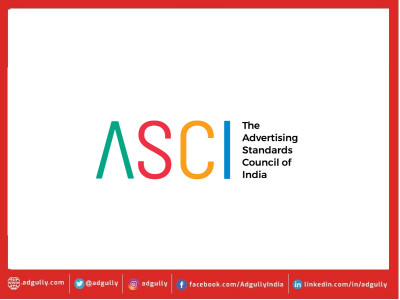
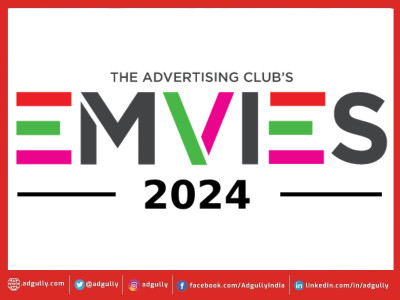
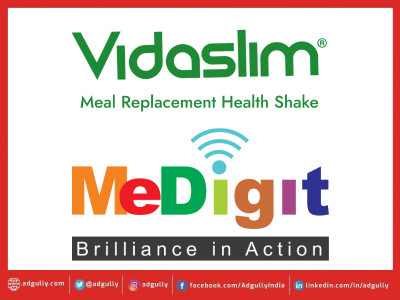


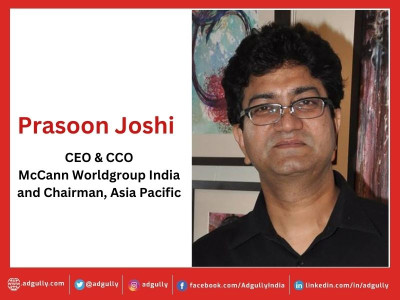


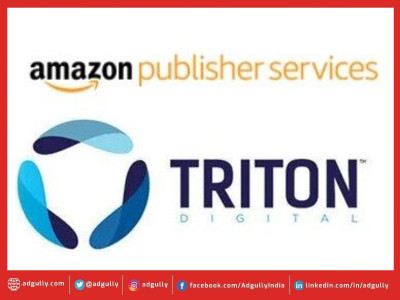


Share
Facebook
YouTube
Tweet
Twitter
LinkedIn